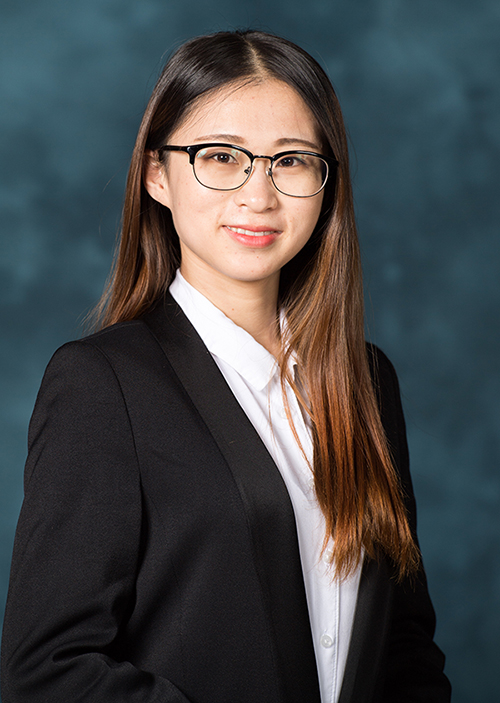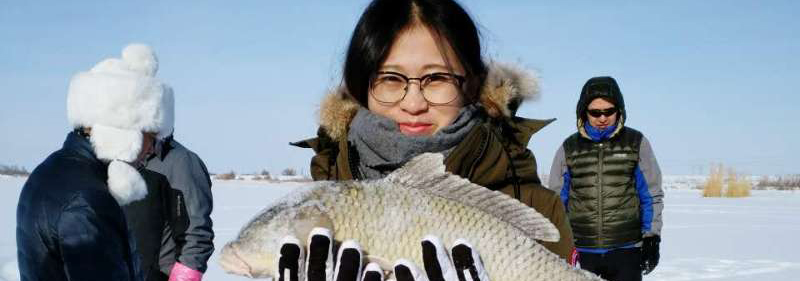Qiao Duan, MS’16, began life with no running water, no electricity, and no internet access. One thing she did have was a crazy-keen mind for numbers. Today, after winning a college scholarship in China, placing second in a 30,000-person math contest, and getting a master’s from U-M, she helps companies gain insight into their clients. Learn here how she once predicted a real estate market crash.
For a U-M student, you grew up in a very unusual place. How did that affect you as a student?
My birthplace is a remote village in China, near the Mongolian border. When I was little, we didn’t have running water and electricity. As a child, I wasn’t very good at things like art, writing, or picking up languages, but I was very sensitive to numbers. My grandma had a small retail shop, and I sometimes helped her with customers and clients because I could calculate numbers quickly. I kept learning and applying myself and attended Xiamen University by placing in the top 0.2 percent of candidates for the National Scholarship.
How did Xiamen University challenge you?
My undergraduate major was applied mathematics. I had to remember formulas and deal with complicated theories. Back then, I thought “I can learn math, but how can I use it?” I didn’t know.
In 2012, I entered the Contemporary Undergraduate Mathematical Contest in Modeling with two other great students. Teams had three days to take a case study, analyze it using whatever models and software they wanted, and then turn it into a paper. I spent the whole summer learning all the mathematical skills and software we could use and read many papers to study the previous years’ cases. Out of 30,000 entrants, we got second place!
So when did you sort out how you could use math in your life?
The first time I realized how math skills could affect the world was my senior year at Xiamen University in 2014. I had a project to study the past 30 years of the Xiamen real estate market, which was experiencing a financial bubble. All my skills transferred forward as I modeled and predicted market trends and advised people about real estate investment. We ended up protecting people from the market crashing and helped them make money.

And then, as a U-M grad student studying quantitative finance and risk management, you looked at the stock market.
I did a research project where I studied historical insider trading cases by running a quantitative regression analysis on insider trading data to analyze the influence of nonpublic information on the stock performance.
On top of all that, you had to adjust to studying in the U.S. after China?
The whole quantitative finance program helped me. The professors and staff were supportive of us international students. Whether it was academic or personal matters, they were willing to help. I have to thank Peter Benson, the program’s quantitative placement director.
Now you work for ACSI Funds in Ann Arbor. What do you do for them?
I manage research and analysis relating to the implementation of ACSI data on a portfolio level, as well as quantitative reporting and analytics.
Any advice for students going into this rigorous field?
Never stop learning. There are always new cases to learn from, new real world conditions and developments you can use to increase your knowledge. For international students, practice your English-speaking skills as hard as you can. The more fluent you are, the more opportunities you will have.
Gregory Lucas-Myers, ’10, is assistant editor of Michigan Alumnus.

